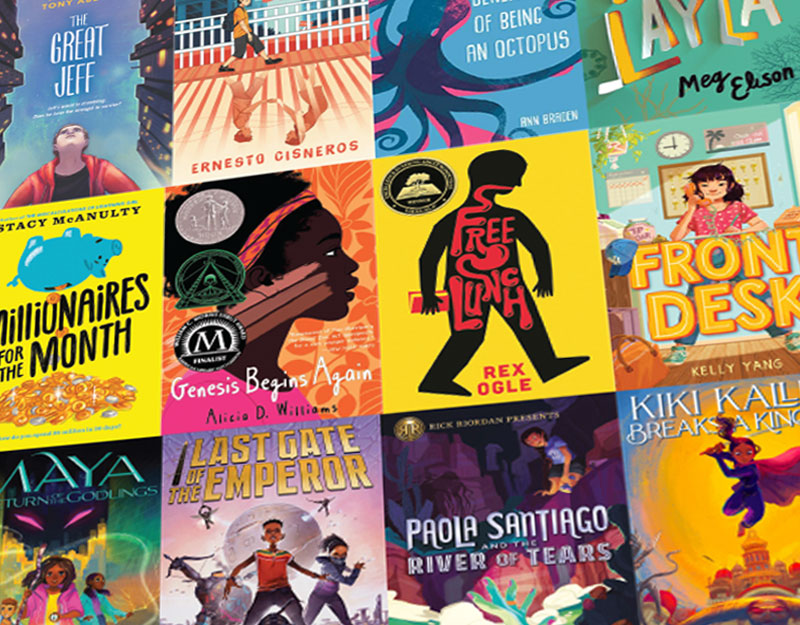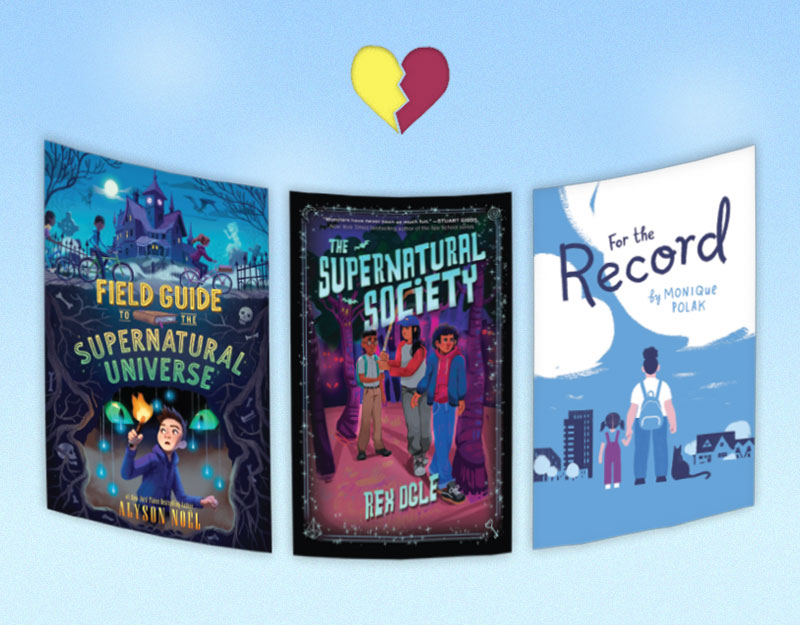Things I Never Learned in Library School: That Time Someone Asked for Help Printing out Swastikas
 These are charged political times. A little over a week ago, a group of white supremacists walked down the streets of an American town carrying Nazi flags. As a counter-protestor, Heather Heyer was killed by a white supremacist who drove his car into the crowd. The events of Charlottesville are being discussed everywhere, as they should be. But I was in no way prepared for the text I got from my co-worker the other day: I just had to help an older gentleman print off a bunch of swastikas.
These are charged political times. A little over a week ago, a group of white supremacists walked down the streets of an American town carrying Nazi flags. As a counter-protestor, Heather Heyer was killed by a white supremacist who drove his car into the crowd. The events of Charlottesville are being discussed everywhere, as they should be. But I was in no way prepared for the text I got from my co-worker the other day: I just had to help an older gentleman print off a bunch of swastikas.
My knee jerk reaction was: Wait – do we have to do that? Followed by, I imagine it’s a 1st Amendment issue. It’s a question I haven’t really stopped thinking about in the current context. And make no mistake, context is everything.
ADVERTISEMENT
ADVERTISEMENT
So I went to my friends on Twitter to get a feel for the crowd and the responses ranged from everything to:
1. No, I would no do that.
2. Yes, I would do that because I am the only white person at work and I would not want to make a poc co-worker be put in that position.
3. Yes, I would do that because it’s a free speech issue.
4. No, I would not do that because hate speech is not protected speech.
5. Can you ask them why they need it? (The answer to this question is that no, we can not. We don’t ask patrons why the are requesting the information they are requesting. It crosses important ethical boundaries regarding the freedom to seek information without judgment.)
Let me be clear here, my co-worker did help this patron. And I think in the end, it was probably the right thing to do from a librarian standpoint. And it’s not the first or last time a librarian has had to step outside of their comfort zone to help a patron. For example, I have had to hand many a patron the book Baby Wise which advocates baby training in a way that has been linked to the possible death of some babies. I personally loathe and detest those books, but I still have to help patrons find them in the library.
As a private citizen, I am staunchly anti-Nazi and white supremacy. But what are the professional boundaries we must follow? I have a personal answer to this question, but I am not sure what my administration would say. It’s not a conversation we’ve ever had to have before in our library. And make no mistake, Nazi flags and symbols are hate speech. They are symbols used by people to denote the superiority of the white race. Nazis literally support at a minimum the violation of the civil rights of people of color, people of non-Christian faiths, women and people with disabilities. In the extreme, they are advocating for genocide. These symbols make many people in our community unsafe and legitimately terrified, especially when they are used for anything other than educational purposes such as a lecture on these are what Nazi symbols look like and mean.
But as I mentioned, we have no way of knowing what a patron’s intent is. And does intent matter?
In many other countries, Nazi symbols are explicitly outlawed. That is not the case here in the United States.
This is entirely new territory for me, and I have been a librarian for almost 25 years now. It’s a question I’m personally wrestling with. And I am going to my administration to ask for clarification on what any future actions moving forward should be. I think we should all be having these discussions as we move forward and get all staff on the same page.
Filed under: Things I Never Learned in Library School
About Karen Jensen, MLS
Karen Jensen has been a Teen Services Librarian for almost 30 years. She created TLT in 2011 and is the co-editor of The Whole Library Handbook: Teen Services with Heather Booth (ALA Editions, 2014).
ADVERTISEMENT
ADVERTISEMENT
SLJ Blog Network
The Moral Dilemma of THE MONSTER AT THE END OF THIS BOOK
Cover Reveal and Q&A: The One and Only Googoosh with Azadeh Westergaard
K is in Trouble | Review
Fighting Public School Book Bans with the Civil Rights Act
ADVERTISEMENT








I’ve helped people print off pretty much everything (save for porn, but including swastikas) during my time as a reference librarian. It’s pretty much par for the course, as we don’t ask what the person’s mindset is before they print something. If there were something that was threatening, I would think we’d help, then call the cops while the printing was going on (it’s an option here at the library where I work).
Hi Karen,
Your blog post definitely brings to light an incredibly important and even shocking issue! As I think through the joys and challenges of becoming a teacher librarian, this is not something I have added to my list! This is certainly something that would catch me off guard too.
First of all, I appreciate your thoughtful consideration of the ethical rights of people making such requests. To me it is reasonable that a librarian would not ask the purpose behind me requesting a certain book or print material. For example, I personally appreciate going into a library or bookstore and having someone kindly help me find a book so that I can learn new information, without worrying that we will get into a discussion about differing beliefs. I can imagine many people would even feel self-conscious about some of the reading material they are requesting and appreciate that library are welcoming spaces that promote learning of all kinds.
Secondly, I hear your heart behind this concern, and the desire to take action (in order to care for and love others well) when it appears that someone is doing something hateful. I would have such a hard time being a bystander in any situation where I worried that someone’s actions could lead to another being hurt! I would love to know if in a school setting what the rules and expectations for this would be. Obviously refusing to print something is unlikely to drastically shift someone’s beliefs, but it could be a powerful conversation starter.
Lastly, I find your question, “does intent matter?” very interesting. Nazi symbols are an explicit symbol of hate, and I imagine that most schools would have a clear answer on this. But where do we draw the line when refusing to print items in a school setting? Should students be able to print images that may not be explicitly wrong but then are used to bully others? I also live in Canada, and based on a quick google search it seems that our laws are different and more explicitly ban this. Your blog post has sparked many questions for me.
Thank you for sharing such an important and relevant concern, I really appreciated reading your thoughts!
Keara